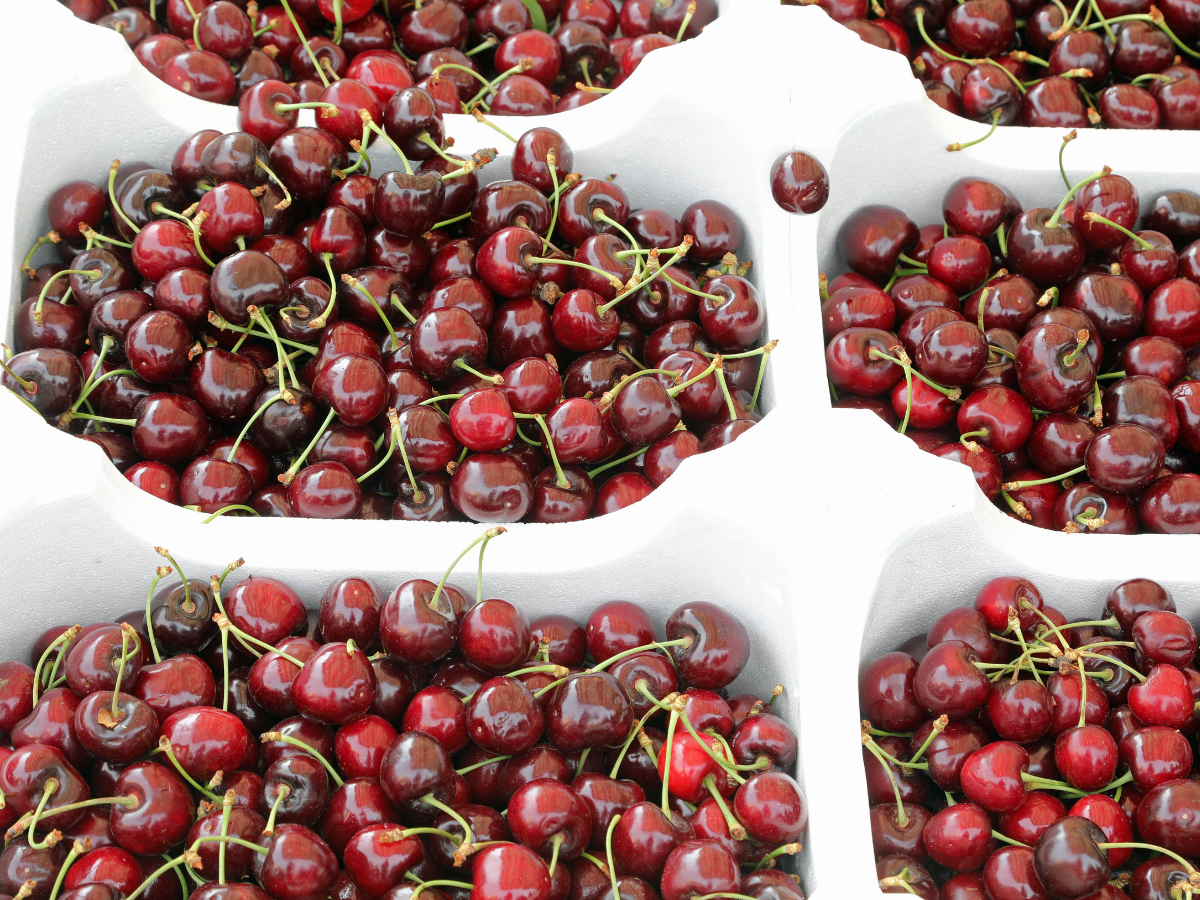Packaging
EPS Packaging for Fresh Food
Polyfoam’s Expanded Polystyrene (EPS) boxes are essential for the agriculture industry, expertly designed to transport fresh fruits and vegetables while preserving their nutritional value and vitamin C. Our boxes offer superior insulation, protecting produce from temperature fluctuations that can lead to spoilage and nutrient loss. This thermal management is crucial for maintaining the cold chain, extending shelf life, and ensuring produce retains its natural flavor and essential nutrients.
EPS packaging plays a critical role in reducing food spoilage during transit, addressing a significant challenge in the agriculture sector. By providing an effective barrier against the various factors that contribute to spoilage, Polyfoam’s polystyrene boxes ensure that more produce reaches its destination in a consumable state, reducing waste and supporting food security.
Polyfoam is committed to sustainability, with 100% recyclable EPS boxes that align with the industry’s environmental goals. We encourage our clients and the broader community to engage in discussions on innovative end-of-life solutions for EPS packaging, to further our collective commitment to sustainability and environmental responsibility.

Fruits and vegetables stored in EPS boxes retain a greater level of Vitamin C than other packaging materials, as reported by the Korea Food Research Institute.
Enhancing Vegetable Shelf Life: A Comparative Study of EPS and Corrugated Carton
This comprehensive report presents an in-depth analysis of a study conducted by the Aristotle University of Thessaloniki on behalf of EUMEPS POWER PARTS, focusing on the effectiveness of expanded polystyrene (EPS) packaging versus corrugated carton boxes in preserving the quality and extending the shelf life of stored vegetable products such as broccoli and tomatoes under various temperature conditions.
Key Findings
- EPS packaging is superior in maintaining the quality and shelf life of vegetables like broccoli and tomatoes when compared to traditional corrugated carton boxes.
- The insulation properties of EPS contribute to maintaining an optimal microenvironment for vegetable storage, emphasizing the importance of packaging material in post-harvest vegetable management.
Tomato Findings
Tomato Storage
The study highlighted that EPS packaging effectively maintained the weight, firmness, colour, and nutritional composition of tomatoes, irrespective of their ripening stage at harvest, for up to 15 days. It emphasized the insulation properties of EPS packaging that helped in maintaining higher relative humidity levels, which is crucial for minimizing weight loss and preserving the fresh quality of tomatoes.
Broccoli Findings
Broccoli Storage
The study detailed the effects of storing broccoli florets in EPS and corrugated carton boxes, at temperatures of 5°C and 15°C, with and without trimmed ice. It found that EPS packaging maintained higher temperature levels and relative humidity than corrugated cartons, which contributed to less weight loss and better preservation of nutritional quality, despite slight colour changes over time. The study concluded that broccoli is best stored in EPS at 5°C to maintain quality


